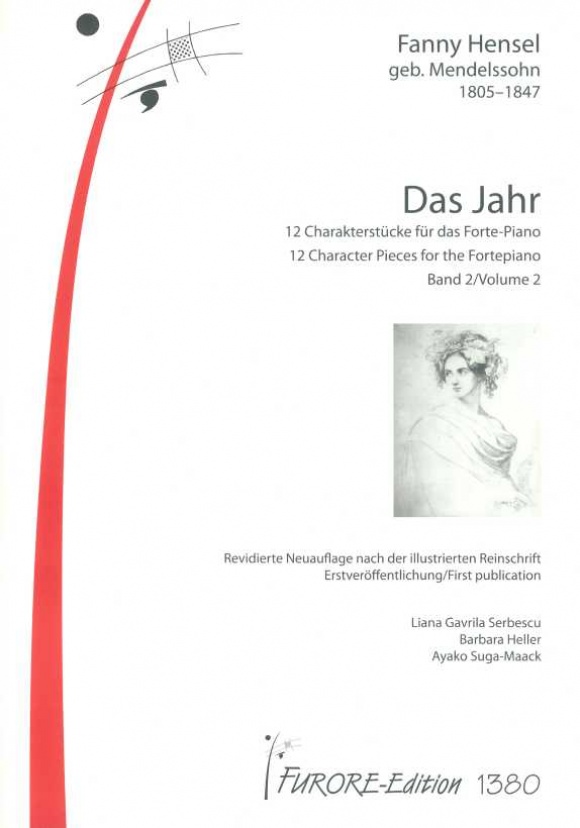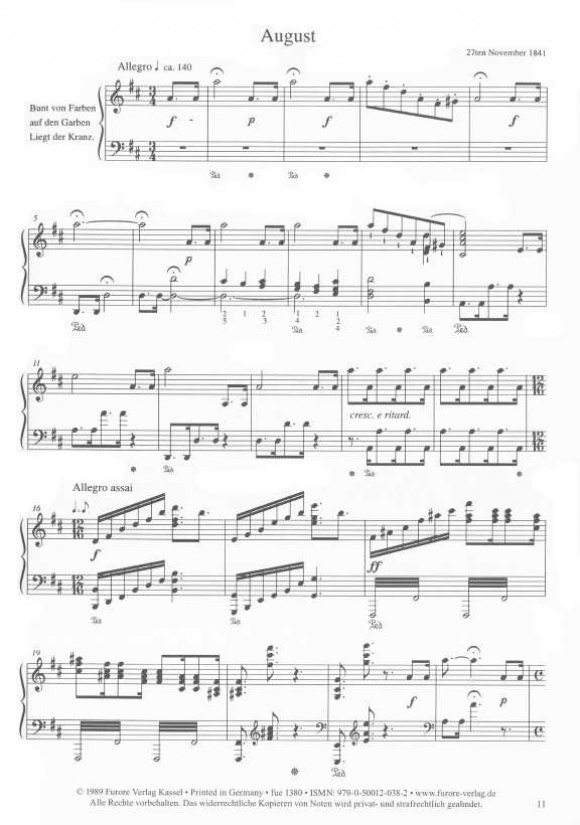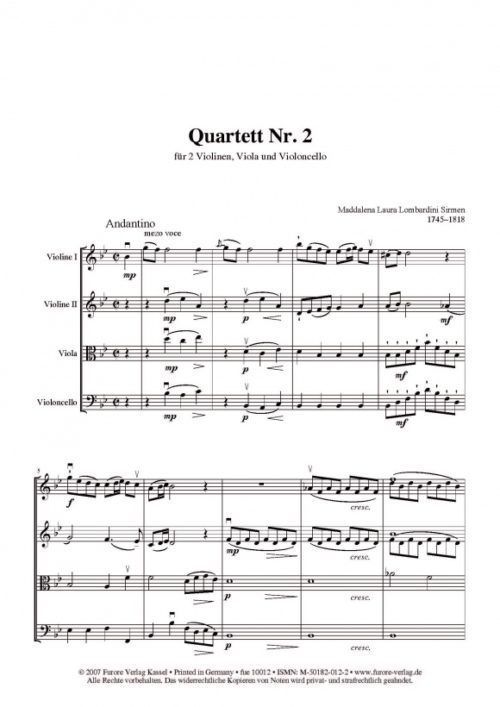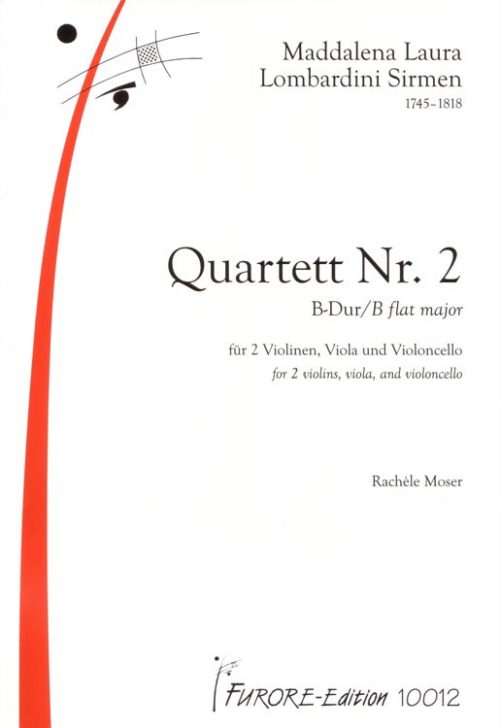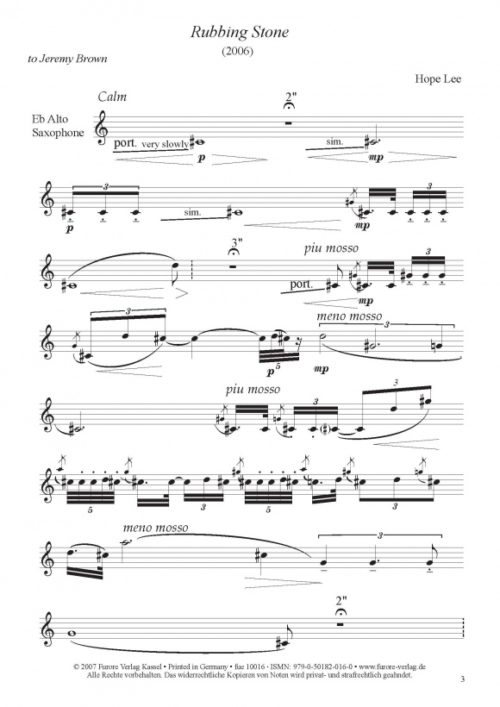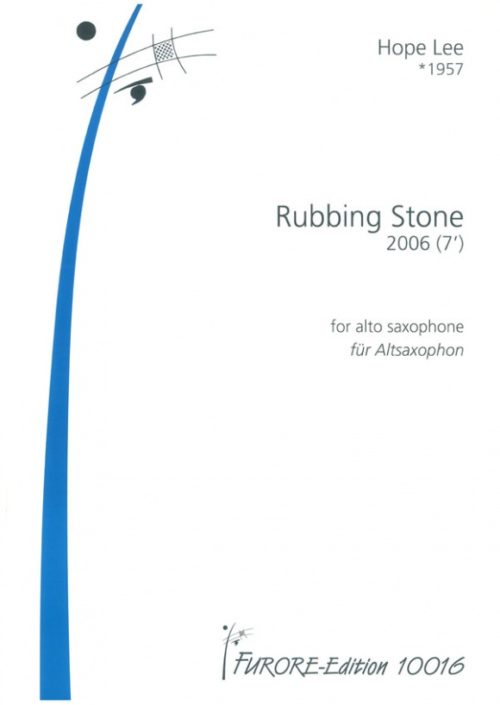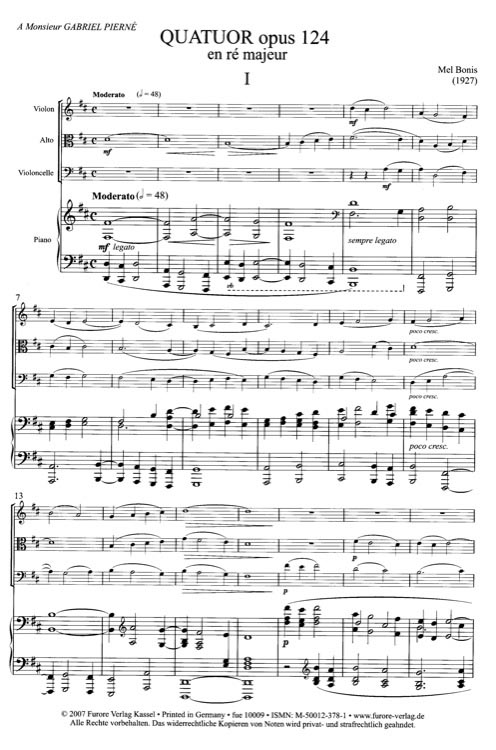Description
Instrumentation: piano
Edition: score (2 Volumes: Vol. 1 and 2)
Editor: Barbara Heller, Liana Gavrila Serbescu, Ayako Suga Maack
Year: 1841
Difficulty: difficult
Here you are: the 4-coloured facsimile ‘Das Jahr’
The piano cycle “The Year” – quite an obvious subject but still without example in the history of music when it was composed in 1841 – was published for the first time in 1989 and is probably Fanny Hensel’s most adopted work. During the preparation of the 2nd edition presented here, we were surprised to find another source in the form of an illustrated fair copy. This revised version could be used as a valuable basis for the revision. Both the structure of composition, highlighting particularly the contours of the cyclic course of the year, and the piano setting are examples of the composer’s mature personal style. By changing between virtuoso, lyric, song-like and solemn characters, the piece combines various levels of difficulty in an overall demanding piano work. Single pieces from the cycle can well be performed separately. “The real gem is the Fanny Mendelssohn facsimile … tremendous visual appeal and obvious historical significance. All libraries should own it. “ (Notes, December 04)
“In the early Romantic era, I think the best keyboard works are “Das Jahr (1841) by Fanny Mendelssohn (1805-47)”. This is a kind of musical diary of her Italian tour of 1839-40, with each piece describing an experience from each month. If the question of originality in women’s music comes up, I think this work knocks it on the head — who else has written a cycle which features the 12 months in this way? They also illustrate what a tremendous pianist she was, as well as a great composer. I know I am biased, but I find her music more exciting than Felix’s.” Diana Ambache in Harpsichord & fortepiano, autumn 2011
“The delightful set of 12 character pieces for piano, Das Jahr, by Fanny Mendelssohn Hensel, first published in 1989, has been given new life through Furore’s 1998 modern edition based on the more recently discovered fair copy prepared by the composer. What is equally celebratory is the pairing of this edition with the facsimile of the fair copy. Composed by Fanny Hensel in 1841, the year after her extended Italian trip with her husband and son, this set of 12 character pieces – one for each month of the year- offers some of Hensel’s finest, most sparkling piano composition. The composer described them thus, “Now I’m doing another little piece of work that gives me a lot of fun; it’s a series of 12 clavier pieces which shall symbolize the 12 months of the year.”
Well suited to the salon venue that Fanny Hensel presided over at Elternhaus in Berlin during the 1840’s, this piano cycle offers a marvelous variety of styles, techniques, and expression. Firmly in the Mendelssohn tradition of piano composition, it includes heartfelt lyrical melodies, dramatic dialogue, and scherzos, as well as frequent arpeggiation. Virtuosic passages lie easily in the hand, just enough to challenge the pianist, yet not overtax.
The fair copy provides an enlightening view into early 19th century Romanticism, illustrated as it is by the composer’s artist husband, Wilhelm Hensel. Most of the illustrations portray partially formed drooping figures, conjuring up a languid, yearning atmosphere. A short verse also appears before each piece, generally expressing feelings of mystery and longing, such as the verse for May: “Now blooms the most distant, deep valley.” Additionally, the fair copy was written on varied pastel-coloured paper, an enchanting feature retained in the facsimile.” Carol lei Breckenridge in Harpsichord & fortepiano, autumn 2011

